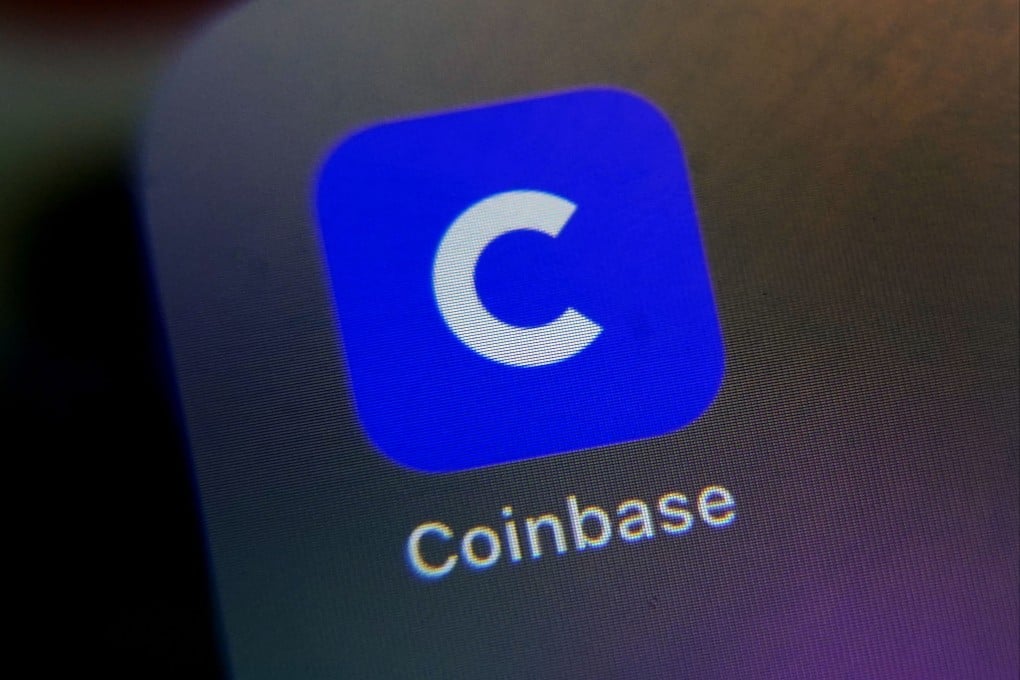Coinbase tells users what happens to their crypto if it goes bankrupt, which could leave them last to get paid
- A new company disclosure suggests that Coinbase users would be treated as general unsecured creditors in the event of a bankruptcy
- Coinbase CEO Brian Armstrong later clarified that the company is not at risk of going bankrupt

Coinbase Global Inc, like the rest of the cryptocurrency market, is having a really tough week. Not filing-for-bankruptcy bad, but the biggest US crypto exchange did just mention the B-word in a regulatory filing, giving its customers a painful reminder of how bad things could get for them if Coinbase ever does get seriously distressed.
In its quarterly report, Coinbase added a risk disclosure: if the company were to file for bankruptcy, the court might treat customer assets that the exchange is custodian for – their bitcoin, dogecoin or whatever – as Coinbase’s assets. And they’d be at the back of the line for repayment, forcing normal people, unaccustomed to the ins and outs of federal bankruptcy court, to claw back their money along with everybody else owed money by the exchange.
It’s a huge amount at stake. Coinbase was custodian for US$256 billion of customer money on March 31, according to the filing.
Adam Levitin, a Georgetown University law professor who studies bankruptcy, examined this scenario in a February post on the Credit Slips blog.
“So what happens to a customer if an exchange files for bankruptcy? I think it ends very badly for the customers,” Levitin wrote. The insolvency proceedings would probably prevent customers from selling or exchanging their coins because of the so-called automatic stay imposed on creditors.
US courts have not yet dealt with the bankruptcy of a cryptocurrency exchange, and there are a bevy of open legal and regulatory questions. One thing is clear enough, though: if Coinbase users were to become so-called general unsecured creditors – and the company’s disclosure says they might – they’d likely have an unpleasant time.